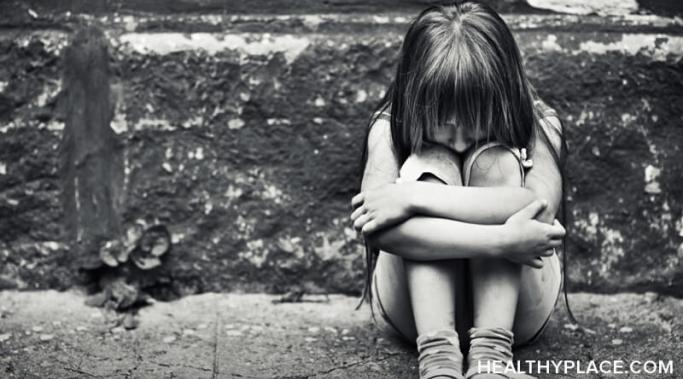Blogs
It's important to consider whether hospitals should be allowed to release patients to the streets. I was recently in the hospital with an 18-year-old man with bipolar disorder. He was so disruptive in his manic state that the hospital discharged him even though he had no place to go. It's not the first time I've seen a hospital discharge a patient to the streets (Mental Illness and Homelessness). It made me wonder if hospitals should be allowed to release patients to the streets.
Keeping a journal is a powerful way to make yourself feel better and fight mental health stigma. Most Psychiatrists and counselors will agree that there are many reasons why you should keep a journal. One of them is that keeping a journal allows you a safe place where mental health stigma doesn't exist and can't harm you (23 Journal Prompts to Improve Self-Esteem).
Being honest with yourself and where you're at in your eating disorder recovery process can be challenging. At times I find I am trying to convince myself that I am doing better than I actually am. What we need to do is be honest with ourselves each day, checking in, seeing where we are at and what we need. Doing this will create self-awareness that will aid in keeping slips at bay.
Travel can make my bipolar disorder worse. Knowing this can make me fear travel. It's not that I don't like travel; theoretically, I like travel. I’ve done quite a lot of it, actually – I’ve been to 12 countries. Nevertheless, the older I get, the nastier my bipolar becomes and the more my bipolar disorder is worsened by travel. There are good reasons for this but there are also ways to mitigate it.
I’m Mel Lee-Smith, and I’m excited to join the Mental Health for the Digital Generation blog at HealthyPlace. I was diagnosed with borderline personality disorder in 2012 when I was 18 years old. Like many borderlines, my teenage years were troubled. I grew up in a poor family; I was bullied throughout my school years for my looks; I struggled with self-harm, a poor self-image and the absence of my biological father. To cope – or perhaps distract – I engaged in impulsive, promiscuous, and dangerous habits. Despite all that, I made it my goal to get out and make a better life for myself.
My experience with depression feels cliché, which means overused, lacking originality, or stereotypical. I've been increasingly frustrated by the dull redundancy of my depression and how irritatingly cliché depression generally seems, with the same old symptoms, assumptions, misunderstandings, and stigma struggles. I feel like I need to have new symptoms and fresh issues in order to maintain my depression's validity. But the frustrating reality is that depression doesn't just seem cliché, depression is cliché. There's nothing original about it.
I have mourned who I was before mental illness. When I was 19 years old and a student at The Rhode Island School of Design (RISD), a psychiatrist delivered my diagnosis of schizophrenia. Four years later, when I was back in my hometown of Chicago and had just started earning my master’s degree, I was re-diagnosed with schizoaffective disorder, bipolar type. Here’s how my life changed when I was diagnosed with schizophrenia, and later schizoaffective disorder and why I mourn who I was before mental illness.
Troubleshooting anxiety is an important part of the ongoing process of living well and thriving despite anxiety. Anxiety has an annoying habit of popping up at seemingly random times. Just when you think your anxiety is improving, it rears its hideously ugly head and jumps in front of you, blocking your path forward. Making matters worse is the fact that anxiety is often vague and hard to pinpoint. The following how-to guide for troubleshooting anxiety will help you identify specific problems and determine how you want to deal with them.
If you experience posttraumatic stress disorder (PTSD), you are eligible for workplace accommodations under the Americans with Disabilities Act (ADA). While not everyone with PTSD will require accommodations, there are many options available for dealing with fatigue, stress, poor concentration, memory loss, and anxiety. Read about these workplace accommodations for employees with PTSD.
I've found if I dig up my root fear, I can better cope with death anxiety. I have a strange relationship with death. I soak up true crime podcasts and articles, all the while fearing the numerous ways I could die each day. Sometimes it all feels like a lot to cope with (Five Reasons You Should Keep A Fear Journal). I have found that getting to the root of my death anxiety helps me lessen my anxiety about death.









